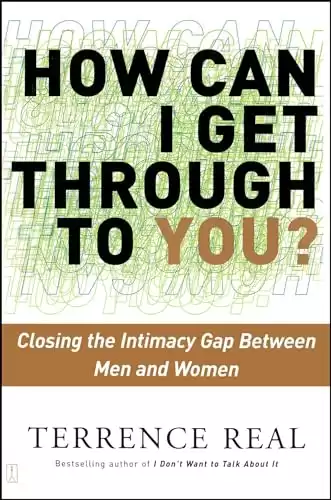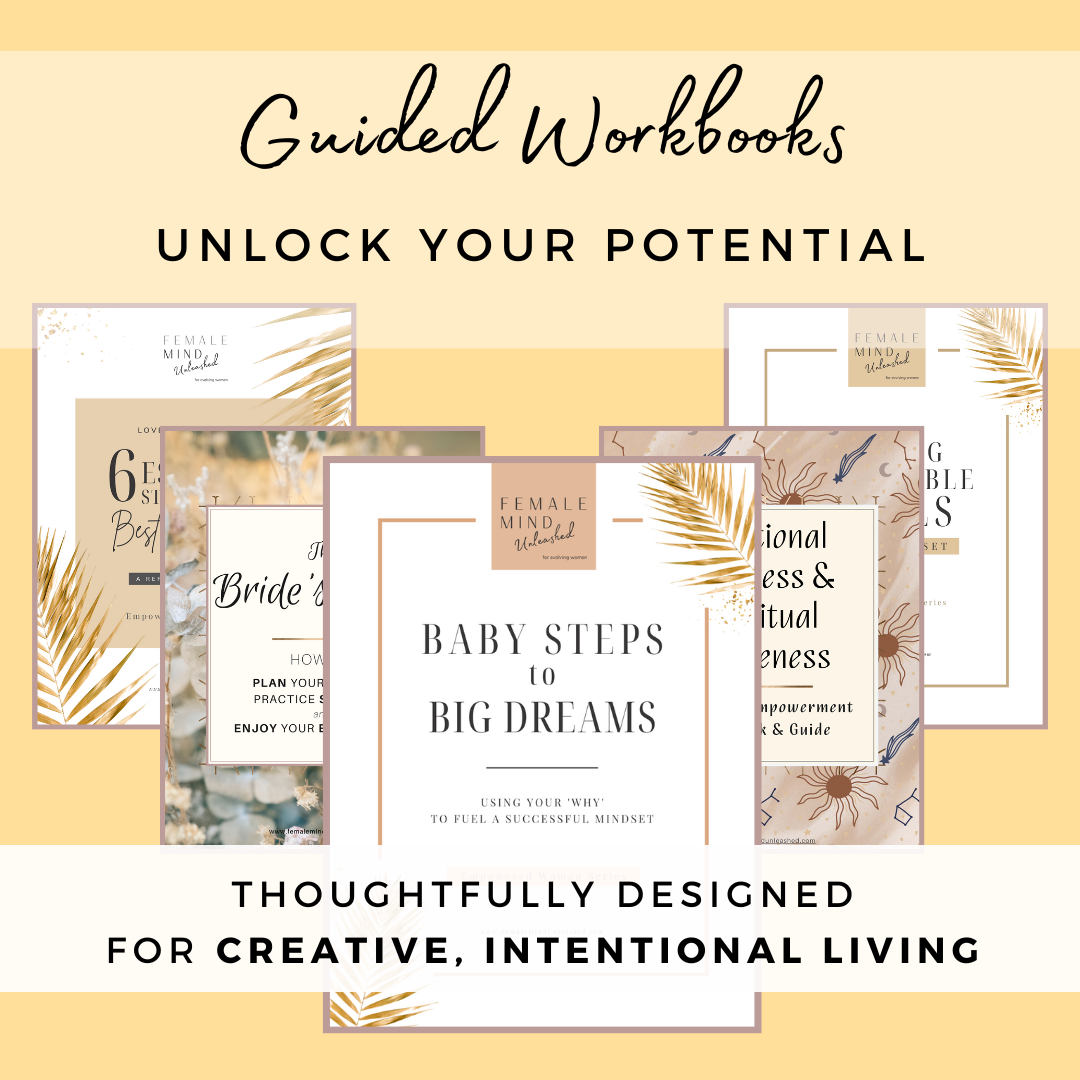6 Relationship Boundaries That Empowered Women Swear By
A healthy, happy communicative relationship doesn’t just simply come to be without any effort. (If this were the case, we’d probably all still be with our first partners).
Sometimes it takes a lot of metaphorical blood, sweat, and well, literal tears, to open up, connect, and grow.
And a lot of talking to sort through one another’s pasts, examine the present, and plan for the future.
Unfortunately, a lot of couples don’t have those hard-hitting conversations around the topics that matter most. It’s through these convos that a relationship really thrives and grows into something substantial and sustainable for the long-term.
Relationship boundaries allow couples to get on the same page as one another even on topics they tend to disagree on. A boundary is all about finding a safe compromise in the middle that both parties will commit to and feel comfortable with.

Setting Healthy Relationship Boundaries
Getting vulnerable and asking for the things you need can be unnerving and uncomfortable for even the strongest of women.
However, we’re here to grow, find our fulfillment, and pursue a healthy, abundant life!
Even if it’s uncomfortable and weird.
Right?
So, sometimes you have to step up to the plate and look our challenges right in the eye. The challenges couples face in relationships – especially those big, recurring fights – often center around unmet needs. Big emotions, like jealousy and anger, can also play a part in relationship turmoil.
This is why setting boundaries is so important for every woman seeking a healthy relationship.
You’ll want to check out the Love Intentionally workbook that accompanies this blog. You can download it and share it with your partner as a buffer to help start some of these conversations.
No matter where you’re at in your relationship or how long you’ve been with your partner, these boundaries are a beautiful way to establish expectations, practice self-care, and learn more about one another’s needs.
The following list will help you see why boundaries matter in the grand scheme of a loving and peaceful union.
Plus, you’ll find conversation starters to help you productively break the ice with your beloved.
1. Boundaries Around Behavior
Just as important as the specific boundaries we’ll discuss is the general “this doesn’t work for me” boundary. Sometimes, people need additional tools and guidelines to show up as their best selves.
This boundary is an opportunity you give to your partner to allow them access to your most intimate world.
The catch? It assigns a few conditions to make the relationship healthier for both of you.
Creating expectations around behavior, respect, trust, and more will inform your partner of your needs well before (or sometimes, just after) they’ve crossed a line. Be clear, direct, and specific when you set a boundary.
Make the outcome of a breach of boundary steadfast and fair; avoid being punitive, petty, or reactionary. Most importantly, follow through; wavering on your commitment won’t motivate your partner.
Conversation Starter: “I love you, and it’s important to me that you understand my needs. I feel ___________ when you _________________. It’s not healthy for me to experience that, and I really value my peace-of-mind. In the future, if you continue to ______________, I will have to _________________.”
2. Boundaries Around Sex
Conversations about sex, desire, monogamy (or not), health, protection, and more can come up organically as a relationship progresses. It’s not uncommon, though, for couples to forego these convos altogether and just abide by an ‘unwritten code’. We know better than that!
Setting boundaries around sex makes it crystal clear to your partner what your expectations are for a satisfying, respectful, and healthy love life.
There’s too much at stake to not have conversations around sex, consent, and fulfillment. Remain open-minded to your partner’s needs and default to curiosity when you’re feeling unsure.

Likewise, embrace the opportunity to share your needs and use patience to help your partner understand them. Establish ground rules, safe words, exceptions, and whatever else you need to feel safe and secure.
Conversation Starter: “I’ve been thinking a lot about our sex life lately. It’s occurred to me that we haven’t had a conversation about it in a while. I’d love to talk about a few things that would make me feel a lot more comfortable/fulfilled with ______________”.
3. Boundaries Around Personal Space
There comes a time when even the most independent of women can feel lost or suffocated in a relationship.
Carving out personal time and distance from your partner is necessary to nurture the relationship you have with yourself.
Set boundaries that help you navigate when, where, and how each of you takes space. Having an expectation upfront will help you both avoid surprises or disappointments when the other needs to regroup.
Conversation Starter: “I love spending time with you. At the same time, it’s important to me that we both feel like we’re getting enough alone time. Can we talk about that?”
4. Boundaries Around Family & Friends
Dealing with a loved one’s friends and family isn’t always a walk in the park. It’s more than just observing and accepting the relationships your partner has with them.
You too must engage and interact with a variety of people you otherwise might not.
Even if you’re blessed to have great in-laws or a new friend group, it’s wise to expect a certain level of tip-toeing around and territory-marking as everyone gets used to one another.
Setting boundaries with friends and family will help preserve your relationship, maintain a desired level of privacy, and avoid uncomfortable blurred lines (or toxicity altogether!).
Boundaries with family and friends might include when and how frequently you see them, what decisions they’ll have input in, who has access to your home, how much you spend on holiday gifts, and so much more.
Stay firm but polite; it helps a great deal if you and your partner have each other’s backs and present as a united front.
Conversation Starter: “I really value the joy your family member/friend brings to our lives. I’ve noticed that _________________ and think it’s best if in the future they instead ____________________. This would help us ____________ so we can focus more on _______________. What do you think?”
5. Boundaries Around Alcohol & Substance Use
Regardless of your habits, it’s a good idea to have an understanding with your partner about the role you want alcohol or drugs to play in the relationship.
Share your family histories, past experiences, and why (if at all) the substance has had an impact, negative or positive, on your life. Open up about hesitations, concerns, and frustrations.
Drugs and alcohol may not seem deserving of a big discussion in your household, and that’s okay.
The purpose of this boundary-setting exercise is to come to a mutual understanding of how the pastime interacts with your relationship.
If, on the other hand, you feel that a boundary is long overdue, this will be the perfect opportunity to address your concerns.
Conversation Starter:
“I’ve noticed that I’ve been feeling more stress/worry than joy when we/you _________. I’d like to set aside some time to talk about how we can make some adjustments so we can focus on having more fun.”
6. Boundaries Around Finances
Gone are the days when talking about money was taboo. You work hard, track your dollars, and plan for the future.
It’s only fair that you also feel confident and secure with the financial decisions of your partner, too! Financial disagreements can weigh heavily (very heavily) on a relationship.
Setting boundaries around financial spending and savings goals is not only responsible but a way to protect yourself and your relationship.
Consider what kind of spending and saving habits make you feel good and which make you feel bad. When do they usually occur?
Is your partner aware or oblivious of their actions?
What potential financial situations are you fearful of experiencing?
Try to avoid drifting into the desire to control your partner. Instead, aim to demonstrate why certain behavior makes you feel less safe, secure, and taken care of.
Conversation Starter: “I’ve been looking into my/our finances recently. I’ve made a few discoveries about my habits, as well as yours. We’re doing great in some areas but I’m concerned about a few things. Can we sit down to talk about it this weekend?”
You should feel empowered and safe enough to advocate your needs in any area of any of your relationships.
Working through the discomfort of having these conversations does pay off in the long run.
Use these tips as a starting point to introduce or refine the boundary setting practices in your relationship.
Silence is out – self-care is in!











